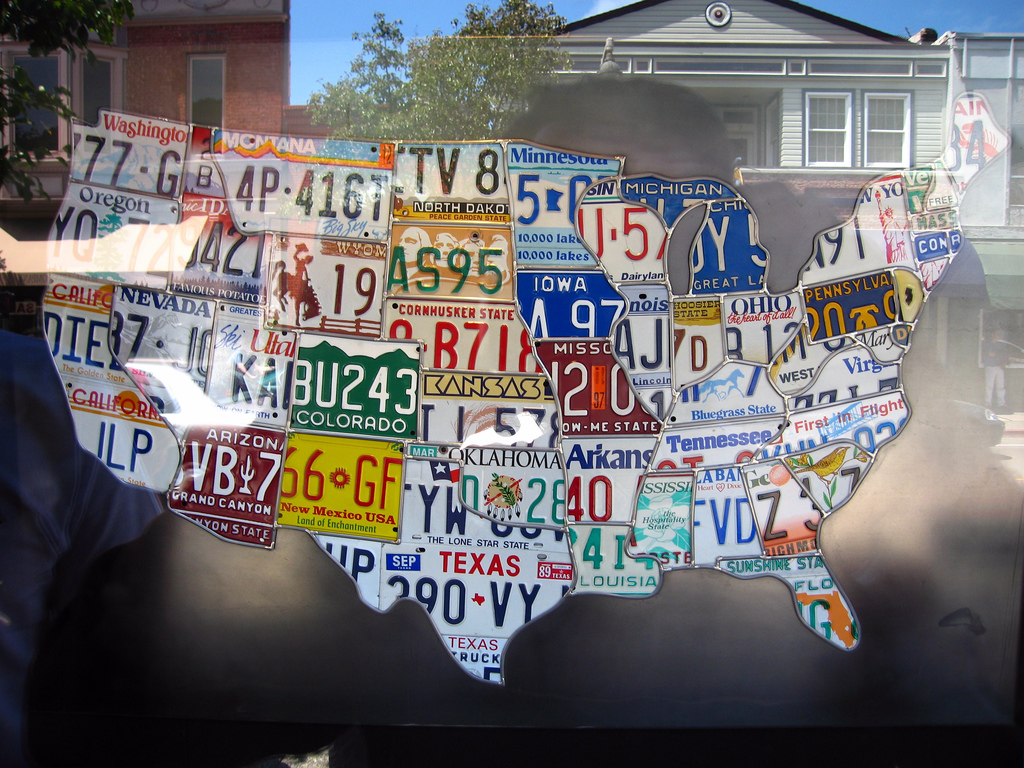A recent report by the Kaiser Family Foundation illustrates just how important it can be for people with low incomes who need health insurance to live in a state that has expanded eligibility for Medicaid. Thanks to the Affordable Care Act, 26 states and the District of Columbia now allow anyone with incomes up to 138 percent of the federal poverty level ($27,000 for a family of three) to enroll in Medicaid. Before 2014, states had restricted Medicaid eligibility to different categories of individuals, primarily children, older adults, people with disabilities; adults without dependent children generally could not qualify for Medicaid.
Twenty-four states have chosen not to expand eligibility for Medicaid. As a result, almost five million uninsured adults have too high an income to qualify for Medicaid, even though their income is below the federal poverty level, and too low an income to qualify for a subsidy in their state’s health insurance exchange. For example, to qualify for Medicaid as an adult in Alabama, your income cannot be more than 16 percent of the federal poverty level, $3,221. In Indiana and Missouri, your income cannot be more than 24 percent of FPL, about $4,600.
To learn which states have not expanded eligibility for Medicaid, click here.

Leave a Reply